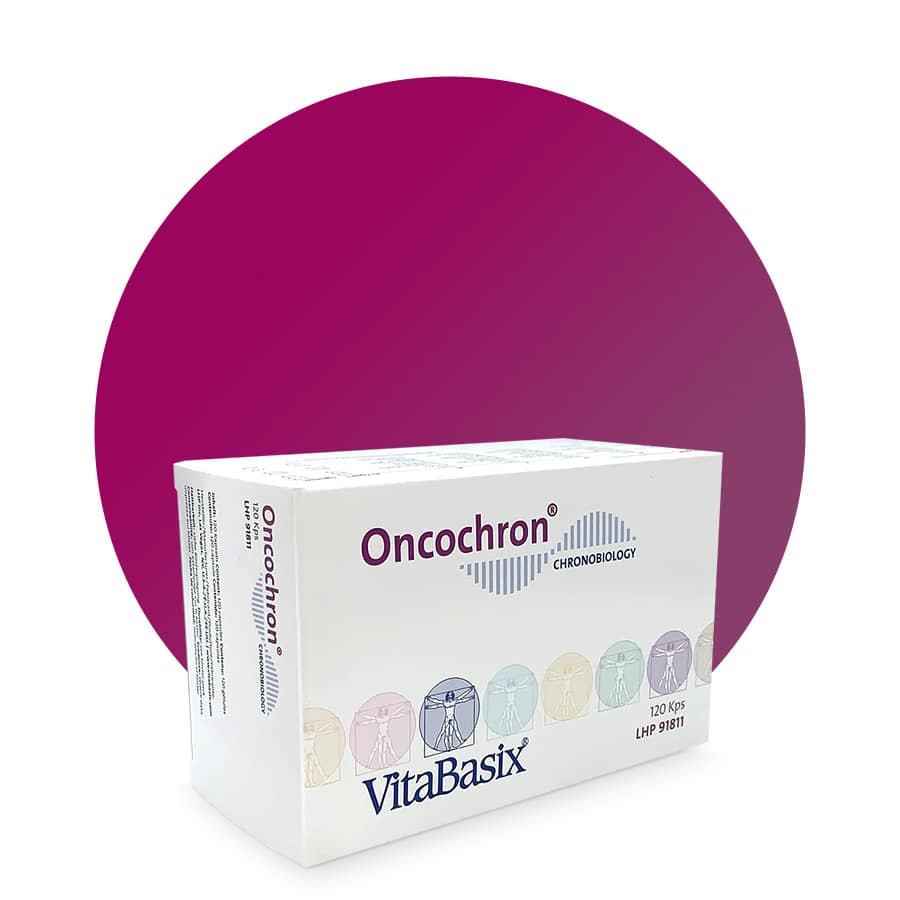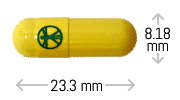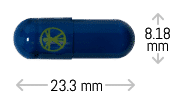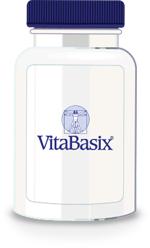There are a number of phytochemicals that are not only said to have cell-protective effects, but also have a positive effect on cell growth or cell differentiation. Thanks to them, healthy cell growth can be supported.
These nutrients include, among others:
Diallyl sulphide: This germ-inhibiting sulphur compound extracted from garlic can help protect cells from external and internal damage. Garlic also has disinfecting, antibacterial and anti-inflammatory effects.
The plant substance indole-3-carbinol, mainly contained in broccoli and other cabbage varieties, facilitates the body’s own production of all the active substances that are produced by the respective messenger substances required or needed at the respective right moment to regulate adequate cell growth.
Curcumin: The active ingredient in the Asian spice turmeric (Curcuma longa), a relative of ginger, is curcumin. Curcumin has antioxidant and anti-inflammatory effects, which enables it to protect cells. Capsaicin, from the fruit of the red cayenne pepper, which is contained in hot chilli, also shows similar effects.
Ginger: The body produces certain enzymes to both eliminate toxins and regulate cell growth. It turns out that two other phenols, namely gingerol and 6-shogaol, are very helpful in increasing this enzyme activity. Both phenols are found in ginger and give it its pungency.
Catechins: For certain cells, especially in the intestine and breast, insulin acts as a growth factor. Catechins, such as those found in green tea, can help maintain normal levels of the enzymes that regulate insulin levels in the blood. In this way, the polyphenolic plant constituents can help maintain normal levels of this hormone and thus regulate cell growth.
Ecdysone: A more natural support for normal cell growth comes from 20-hydroxyecdysone, a special protein-forming steroid that, among other things, controls cell proliferation, e.g. of muscles. This ingredient is found in green leafy vegetables such as spinach, but also in a variety of herbs. In addition, these substances are said to have a certain anabolic effect.
Resveratrol: Plants have genes, just like we do. Any disturbance of their activation and deactivation processes can negatively affect the cells, because the affected cells produce certain proteins either in excess or not at all, thus preventing the reading of essential genetic information. This is where resveratrol can have a regulatory effect. The polyphenol resveratrol is a natural, highly efficient nutrient. It was originally extracted from the skin of grapes, but cocoa, peanuts, pistachios and berries also contain this substance. The highest content of resveratrol, however, is found in Japanese knotweed.
Propolis: Bees use their phytomix propolis, which is specially produced for the queen and consists of vitamins, amino acids, minerals, resins and bioflavonoids, to protect their narrow habitat from germs and bacteria. Propolis, which is contained in natural honey, can also have a positive effect on the cells.




 Chronobrands
Chronobrands




Reviews
There are no reviews yet.